Conclavoscope - Cardinal Marcello Semeraro
Cardinal Profile and Assessment
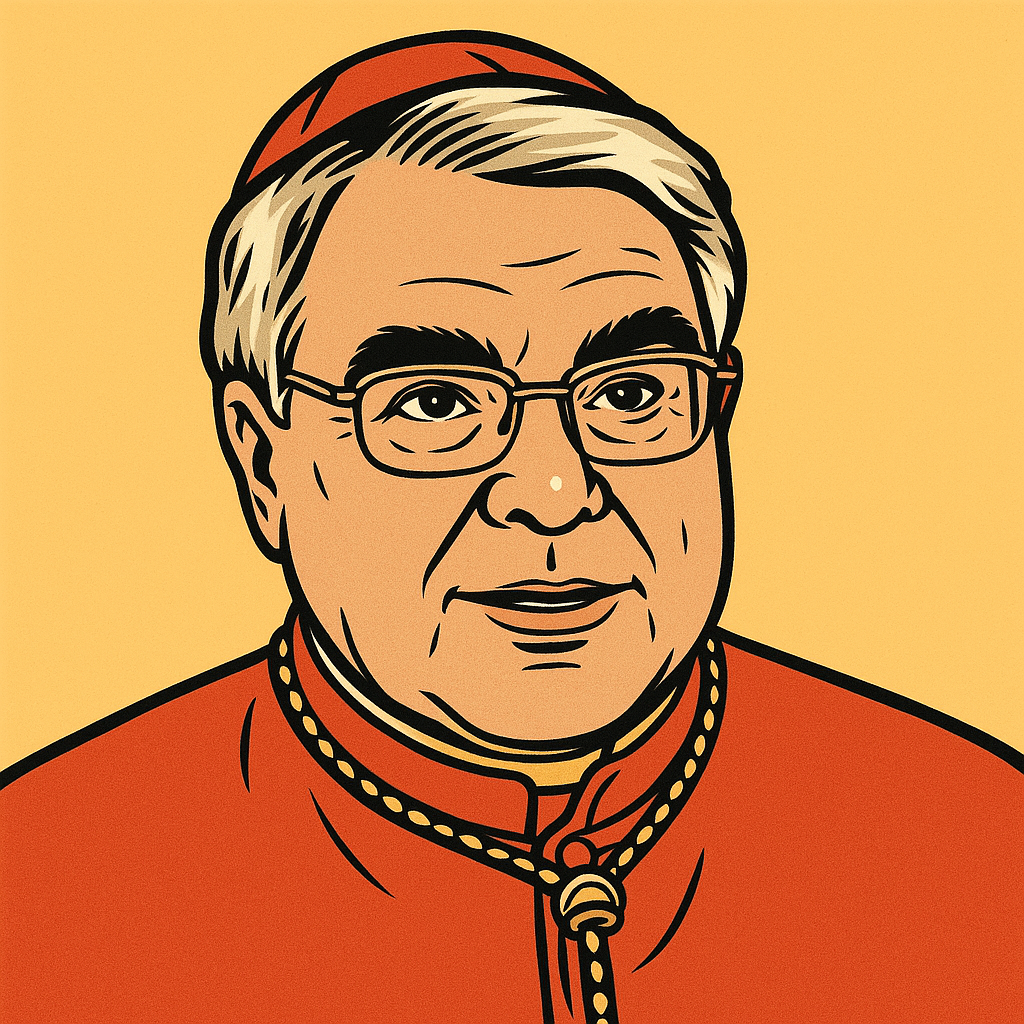
Italian cardinal, Prefect of the Dicastery for the Causes of Saints, close collaborator of Pope Francis, known for his open pastoral approach and implementation of reforms.
| Criterion | Tendency |
|---|---|
| Moral doctrine | Very progressive |
| Liturgy | Centrist |
| Sociopolitical | Progressive |
| Relationship with Pope Francis | Progressive |
| Dialogue | Progressive |
| Communication | Very progressive |
| Overall tendency | Progressive |
Cardinal Semeraro advocates for an inclusive pastoral approach toward LGBTQ+ individuals. He has supported the legal recognition of same-sex civil unions, provided they are not equated with marriage, and has emphasized the importance of welcoming and accompanying homosexual persons within the Church.
While specific details on Cardinal Semeraro's liturgical preferences are limited, his role in promoting transparent and authentic models of sanctity suggests a balanced approach that respects tradition while engaging contemporary contexts.
Cardinal Semeraro has emphasized the need for the Church to be present in contemporary society by proposing models of sanctity that resonate with modern individuals. His focus on transparency and authenticity in the canonization process reflects a commitment to social engagement.
A close collaborator of Pope Francis, Cardinal Semeraro served as secretary to the Council of Cardinals advising the Pope and was appointed Prefect of the Congregation for the Causes of Saints. His alignment with the Pope's vision is evident in his various roles within the Vatican.
While there is limited specific information on Cardinal Semeraro's involvement in interreligious dialogue, his emphasis on inclusivity and accompaniment suggests a positive attitude toward engaging with diverse faith communities.
Cardinal Semeraro is recognized for his effective communication, particularly in conveying the Church's teachings in a manner that resonates with contemporary audiences. His focus on transparency and authenticity enhances his pastoral outreach.
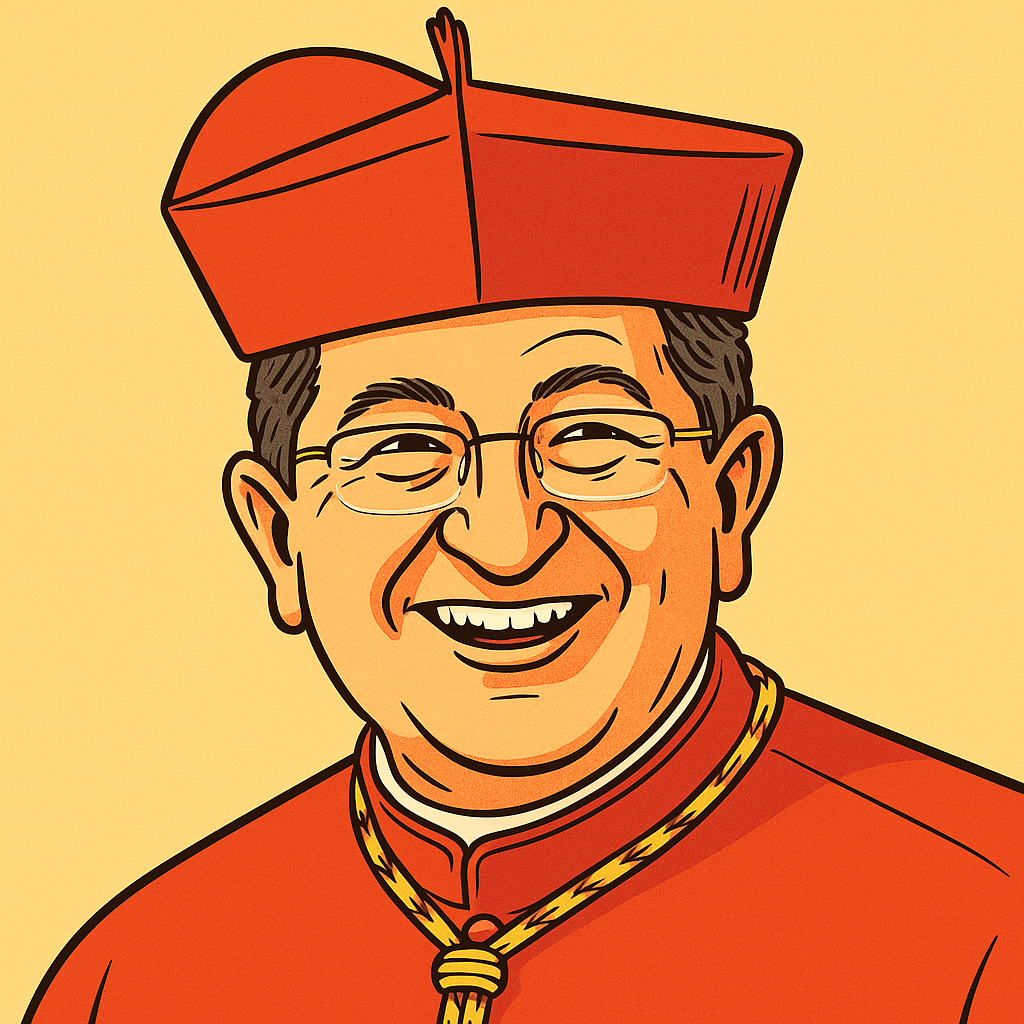
Italian cardinal, Archbishop of Florence, known for his conservative doctrinal positions and intellectual work, while remaining engaged in pastoral dialogue.
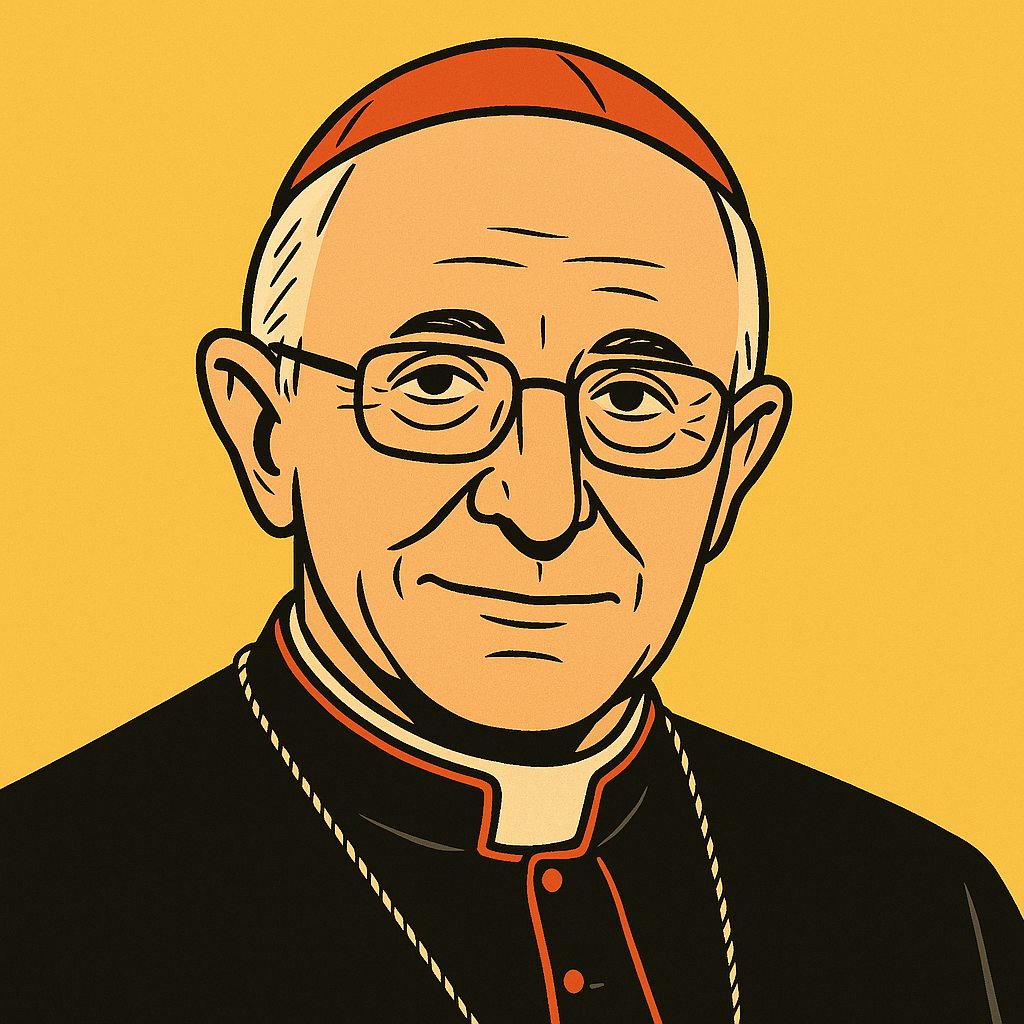
Italian cardinal, Grand Master of the Order of the Holy Sepulchre, former prefect of the Congregation for the Evangelization of Peoples, known for his missionary and diplomatic experience.
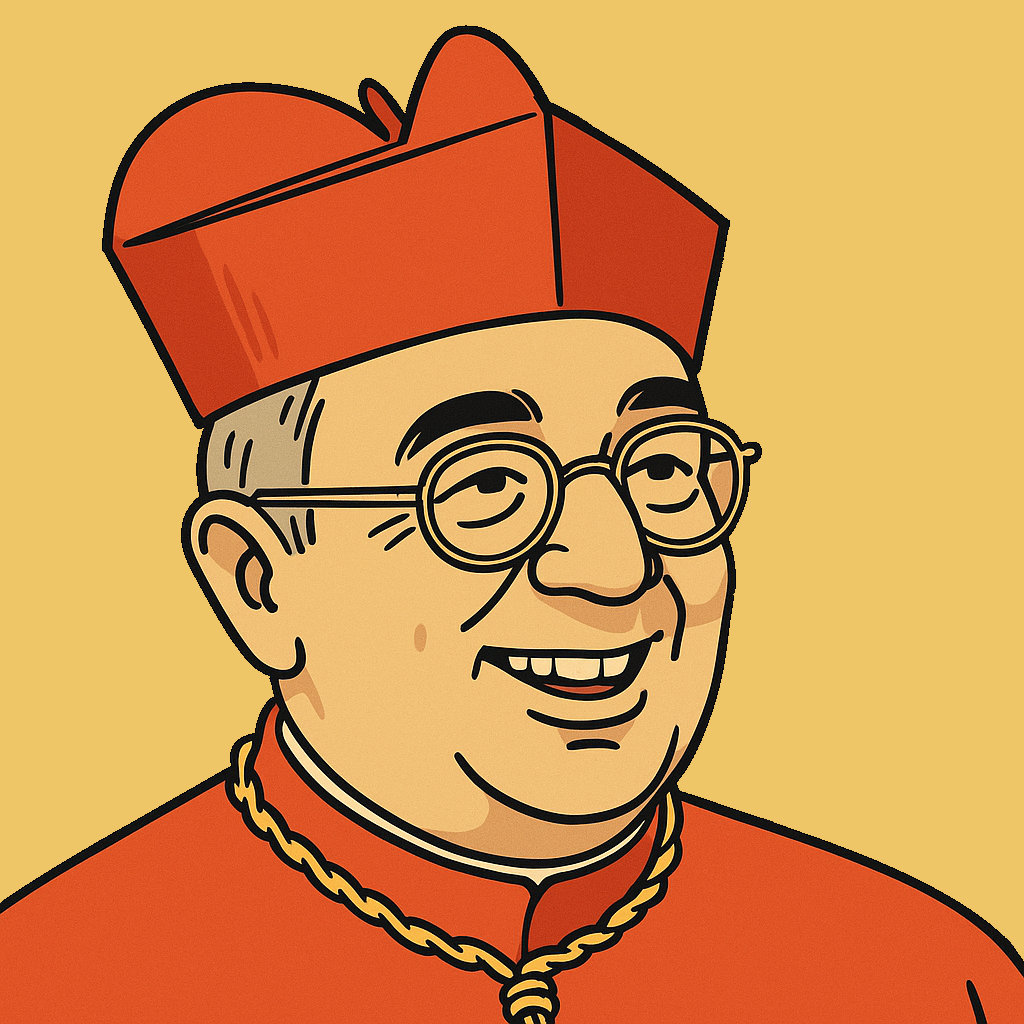
Italian cardinal, former vicar general of the pope for the diocese of Rome, known for his balance between liturgical tradition and moderate pastoral openness.

Rwanda
Rwandan cardinal, the first from his country, who lost his family during the genocide, known for his work on national reconciliation and his attachment to traditional doctrine.
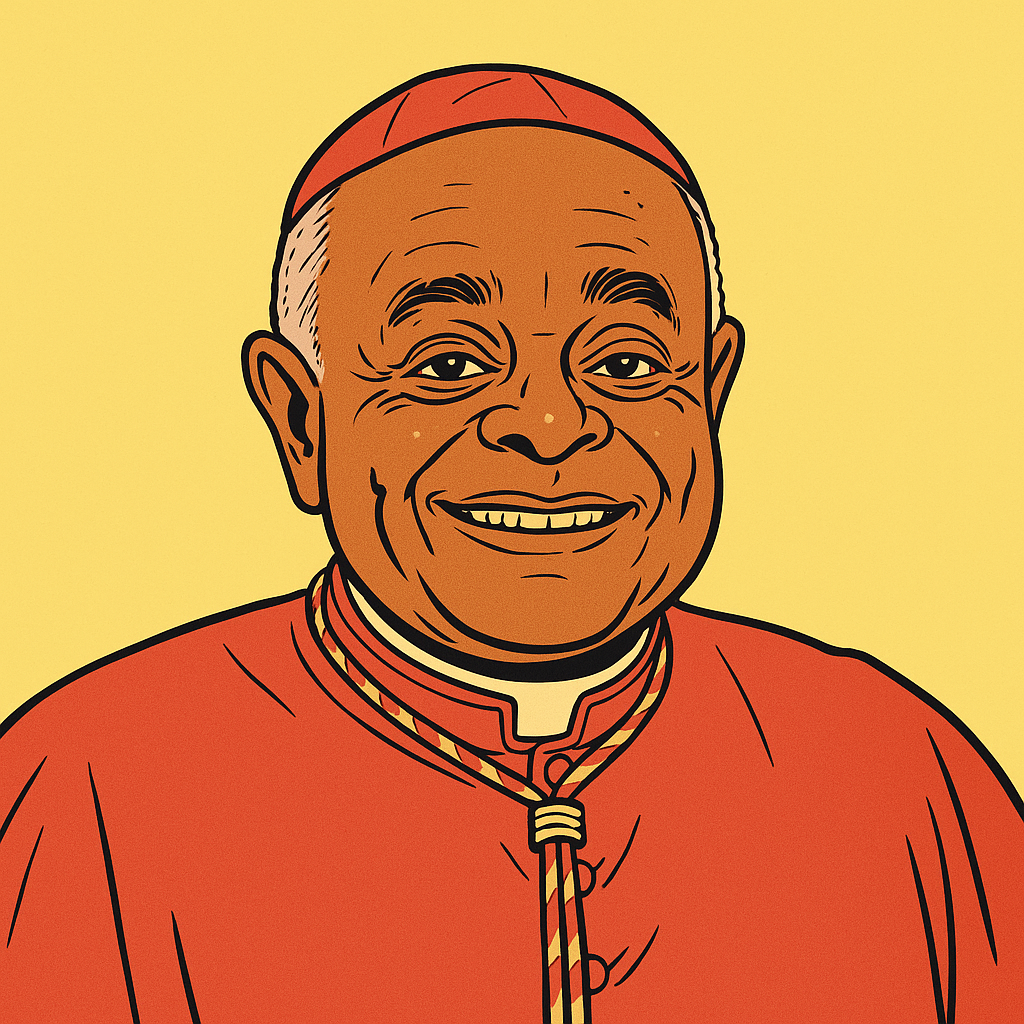
United States
American cardinal, Archbishop of Washington, first African-American cardinal, known for his leadership in the sexual abuse crisis and his balanced pastoral approach between tradition and openness.

Italy
Italian cardinal, Archpriest of St. Peter's Basilica and Vicar of the Pope for Vatican City, Franciscan, known for his balanced approach between tradition and renewed pastoral care.
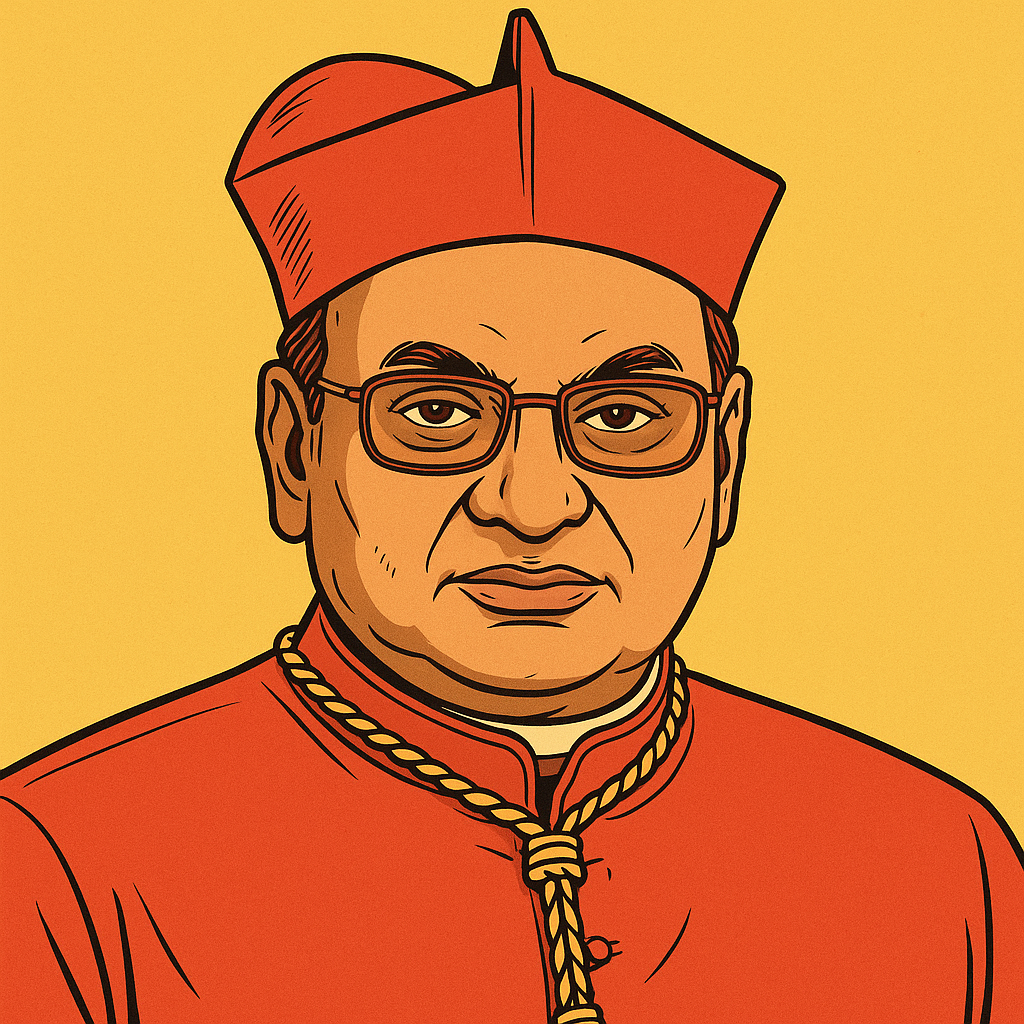
Sri Lanka
age: 78
Sri Lankan cardinal with strong traditionalist positions, known for his attachment to traditional liturgy and defense of Catholic doctrine.

Germany
age: 78
German cardinal, former prefect of the Congregation for the Doctrine of the Faith, known for his very conservative positions and vigorous defense of traditional doctrine.

Italy
age: 78
Italian cardinal, Archbishop of Florence, known for his conservative doctrinal positions and intellectual work, while remaining engaged in pastoral dialogue.
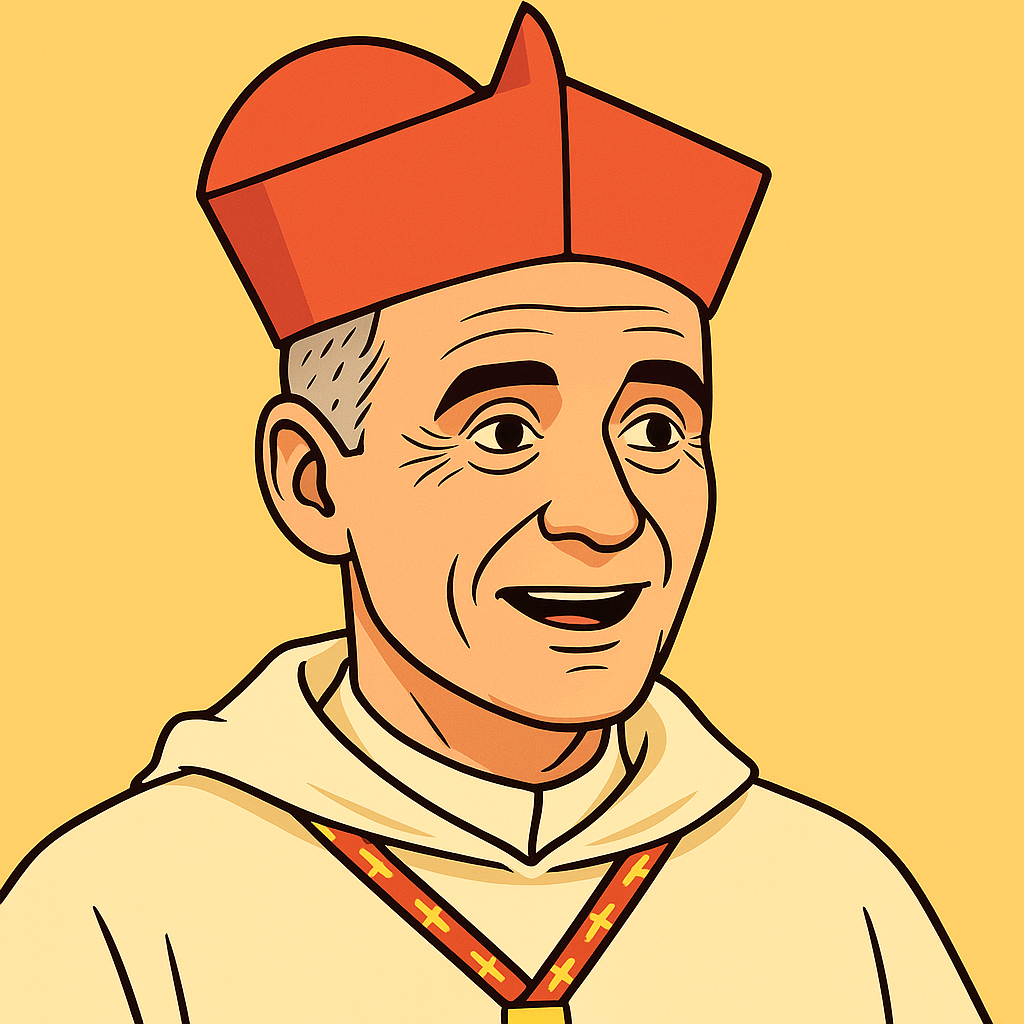
Algeria
French cardinal, Archbishop of Algiers, Dominican, known for his commitment to Islamic-Christian dialogue and his open positions on pastoral issues in a minority context.
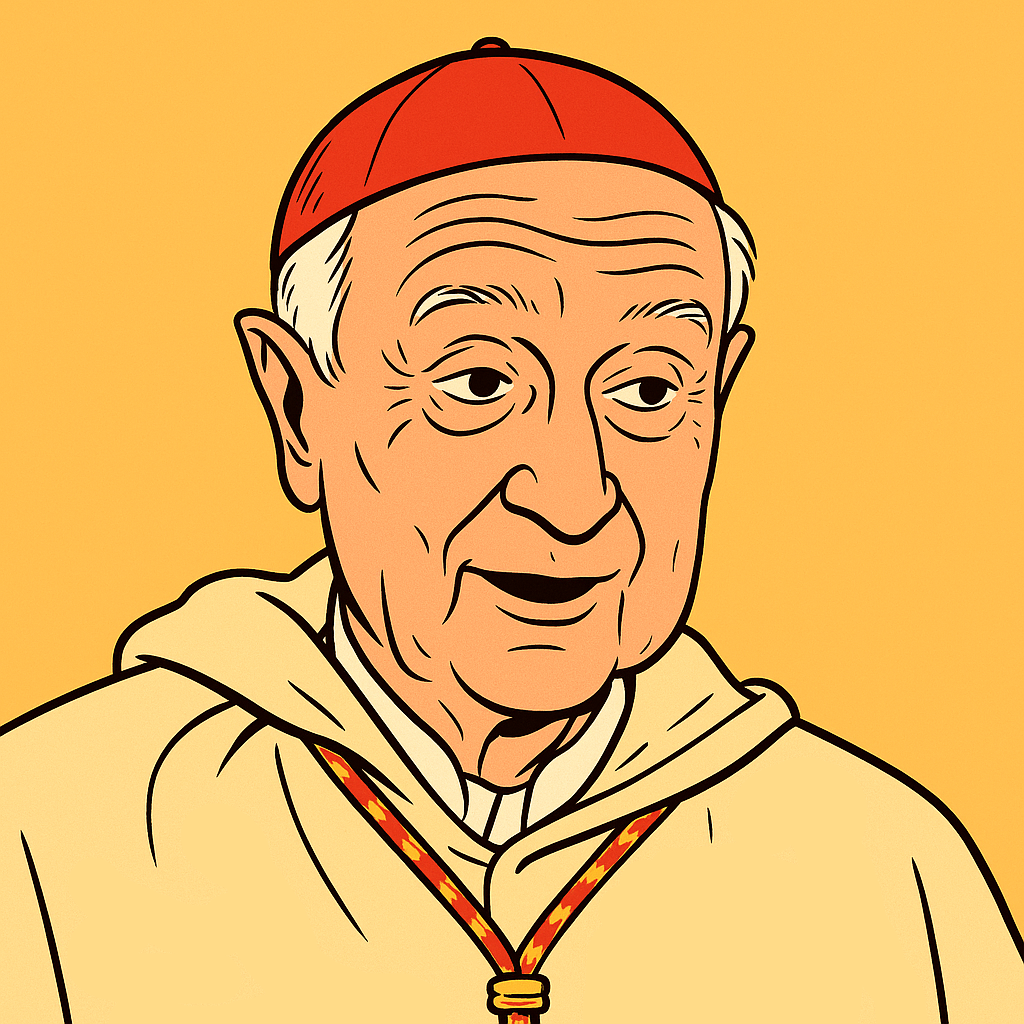
United Kingdom
British cardinal, Dominican, theologian and writer, known for his progressive vision of the Church, his commitment to dialogue and his accessible intellectual communication.
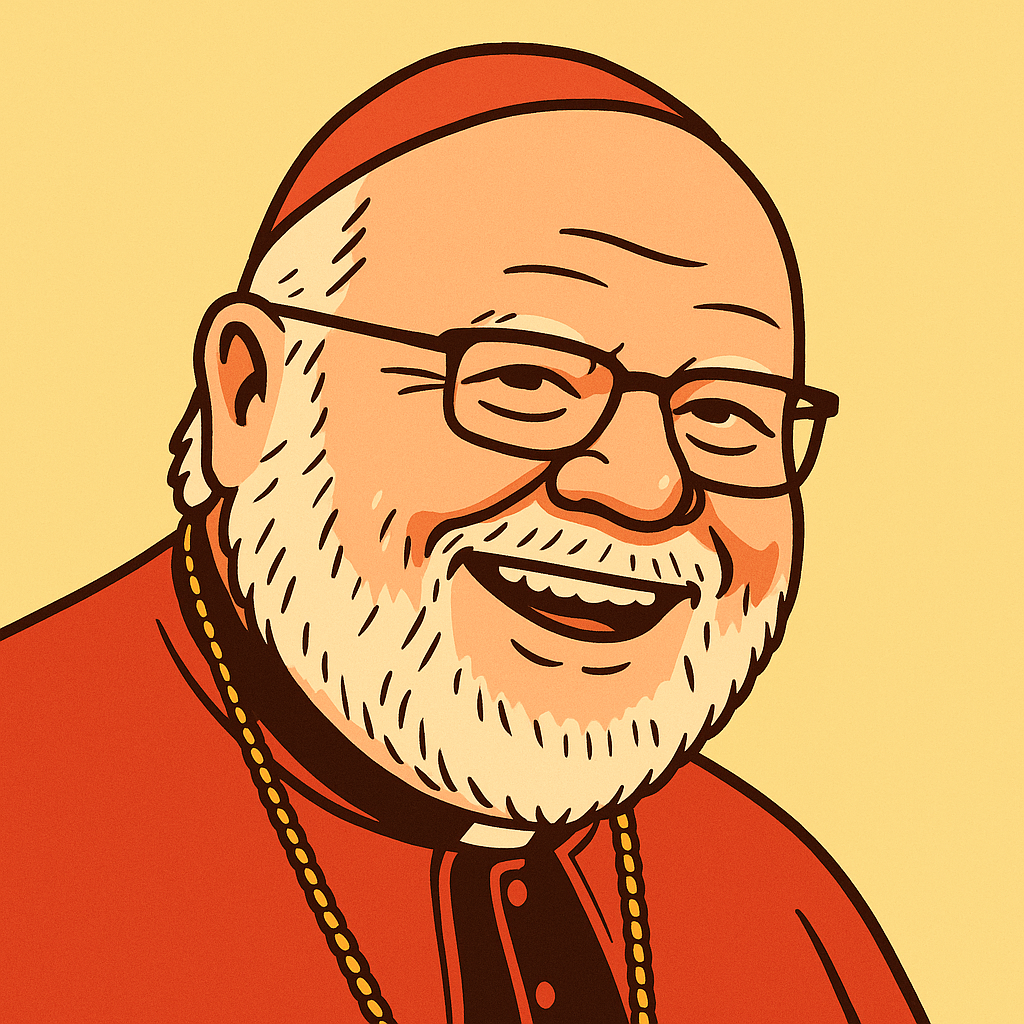
Germany
German cardinal, Archbishop of Munich and Freising, known for his progressive positions and influential role in Church reform, particularly during the German synodal path and on economic issues.
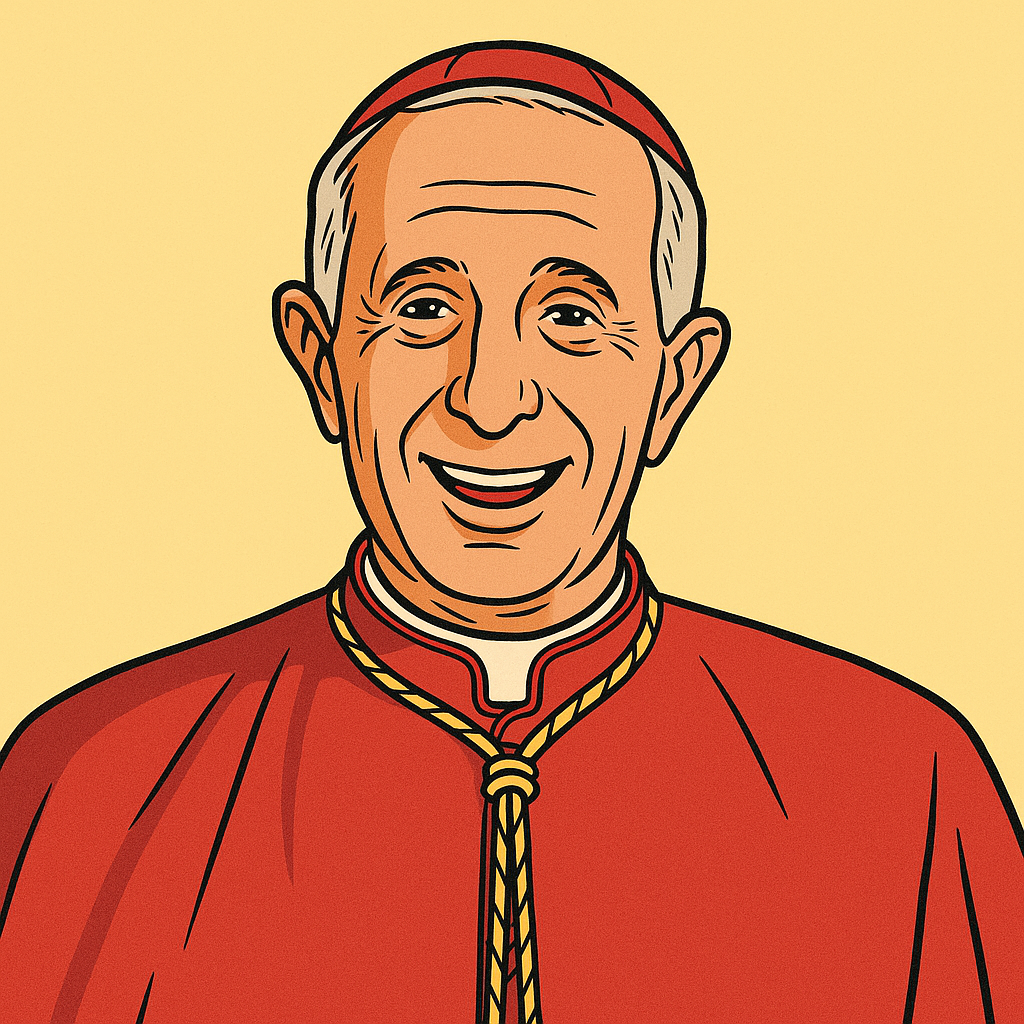
Argentina
Argentine cardinal, Archbishop Emeritus of Buenos Aires, successor of Pope Francis in this diocese, known for his discreet profile and balanced administration between tradition and renewal.

Switzerland
Swiss cardinal, president of the Dicastery for Promoting Christian Unity, known for his theological expertise and ecumenical commitment, with a moderately conservative doctrinal position.
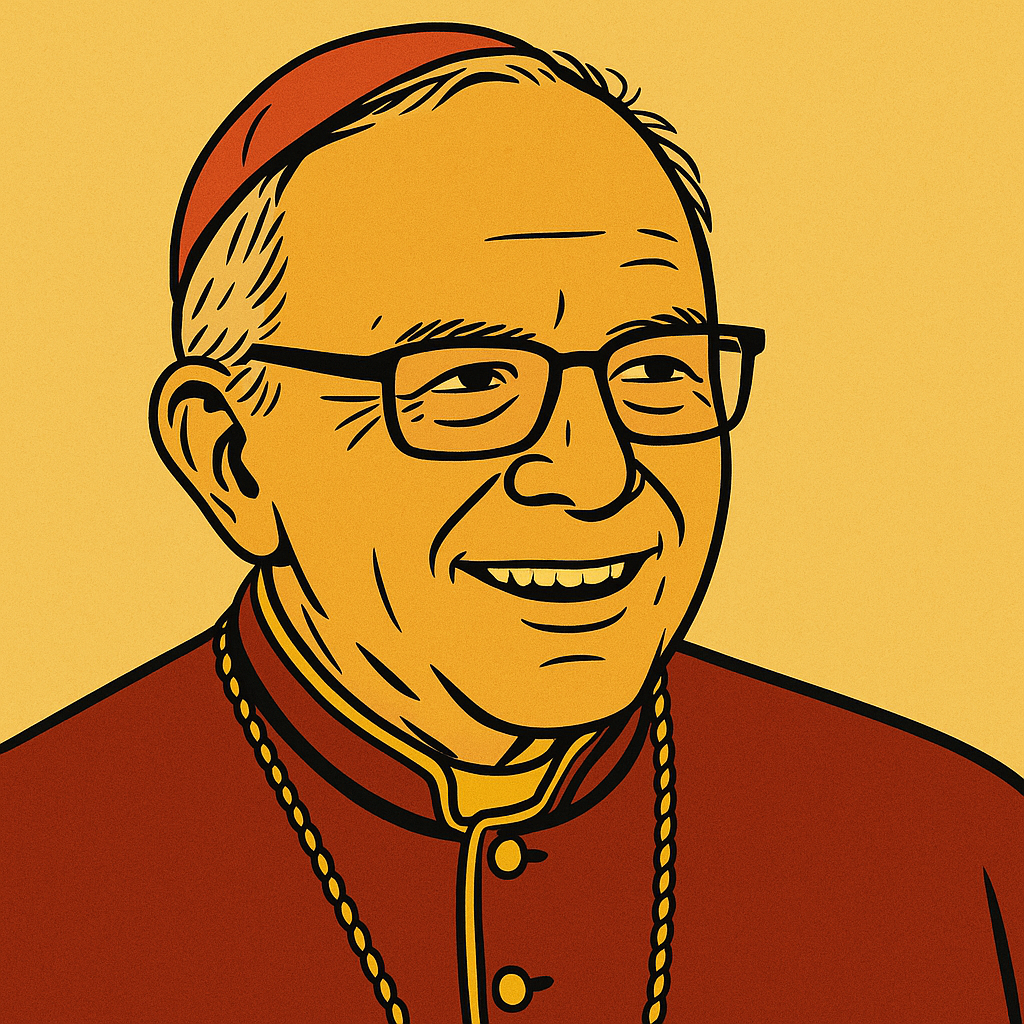
Portugal
Portuguese cardinal, Patriarch Emeritus of Lisbon, known for his balanced leadership and pastoral vision that respects tradition while dialoguing with contemporary society.
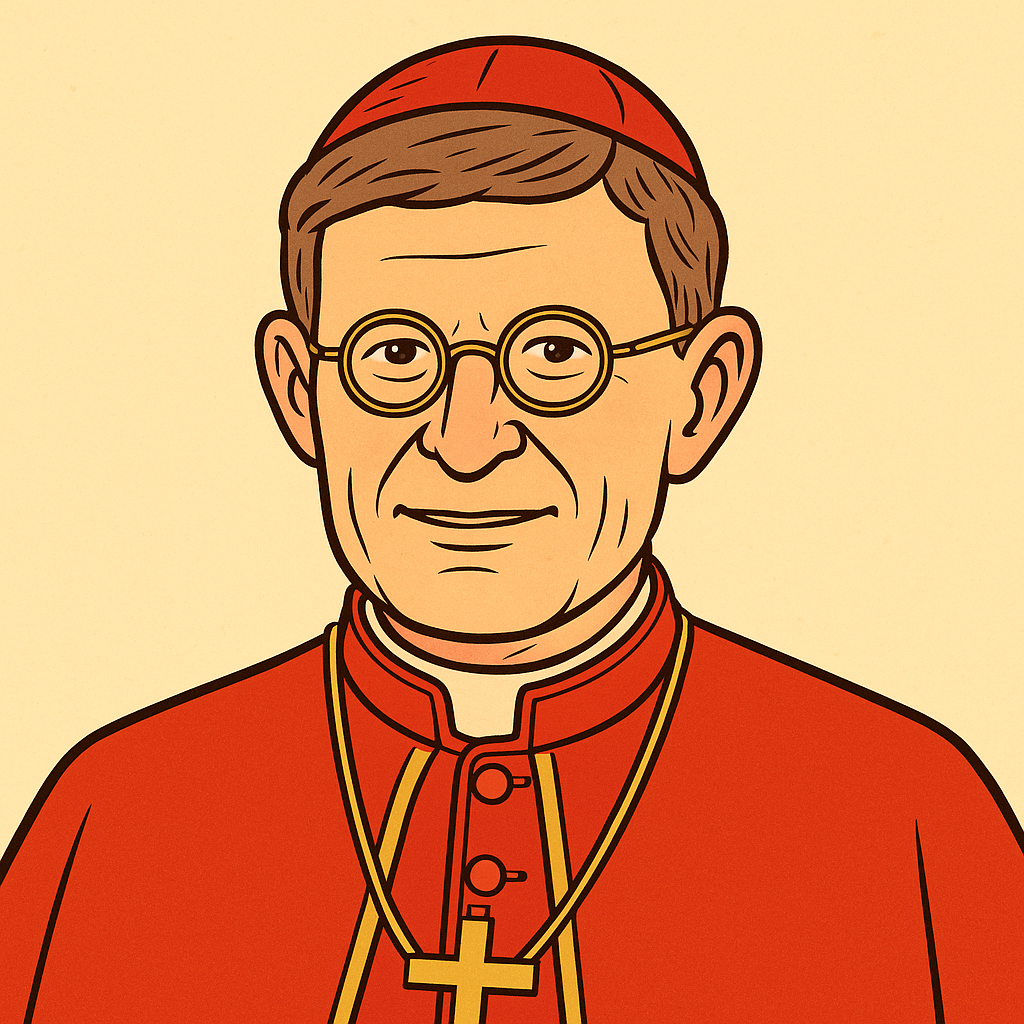
Germany
German cardinal, Archbishop of Cologne, known for his conservative positions and controversial leadership, particularly in handling sexual abuse and his opposition to certain reforms.
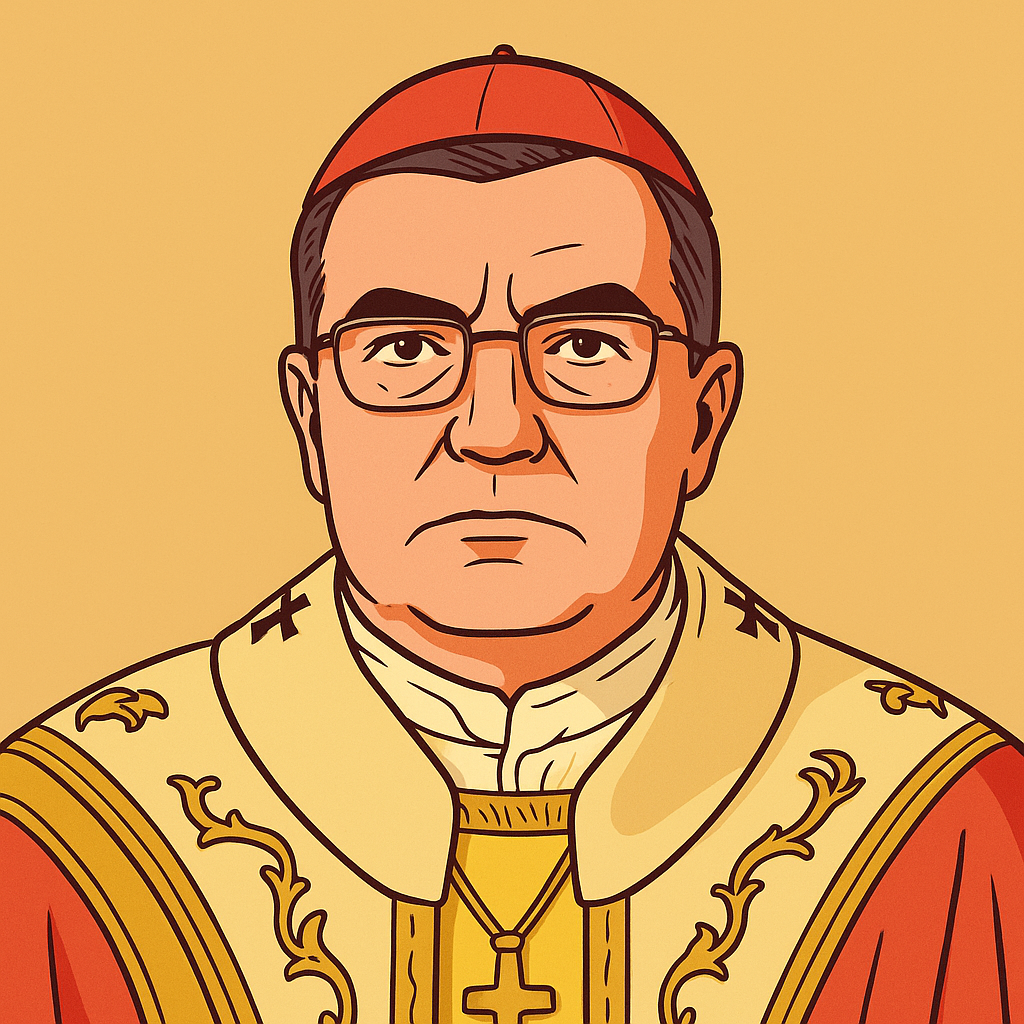
Croatia
Croatian cardinal, Archbishop of Zagreb, known for his conservative positions on moral issues and his commitment to traditional values in a post-communist context.
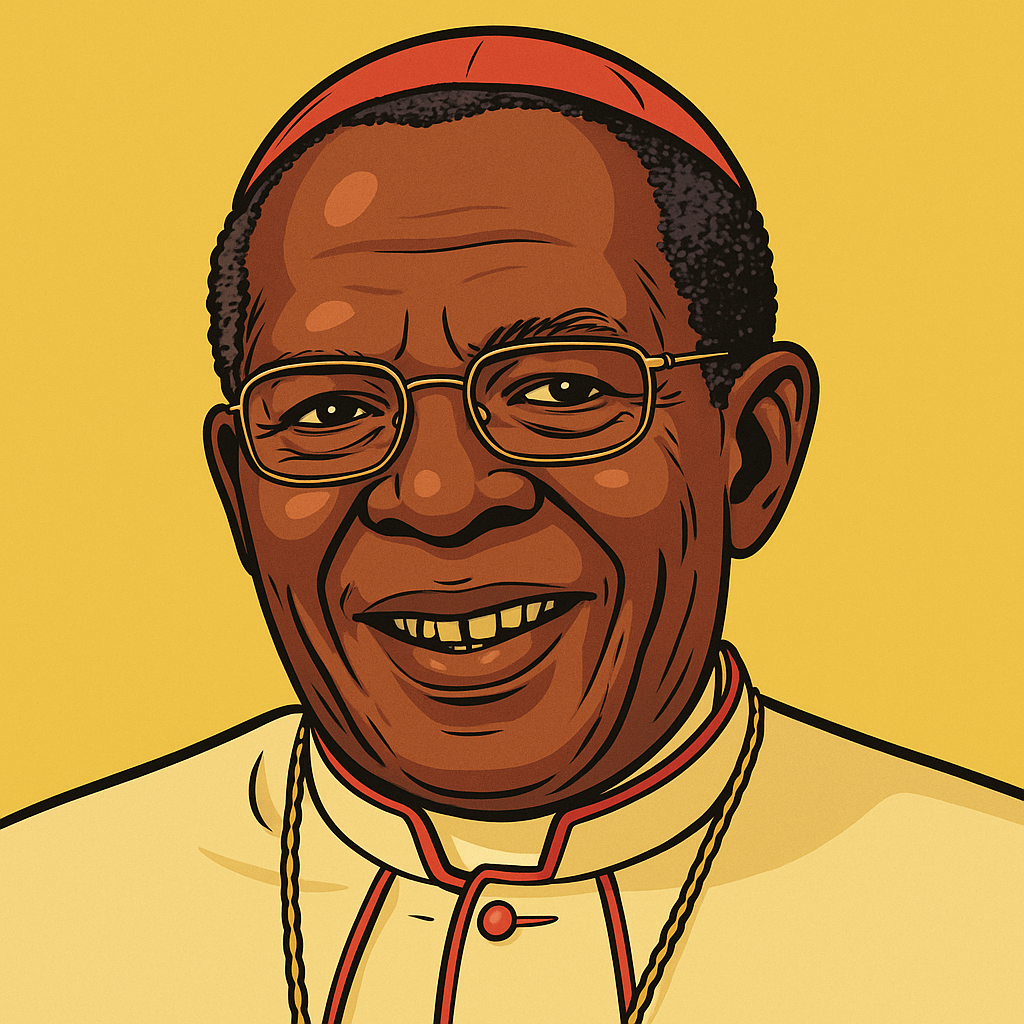
Kenya
Kenyan cardinal, Archbishop Emeritus of Nairobi, known for his conservative positions on moral issues and his leadership in the growing African Church.

Italy
Italian cardinal, former vicar general of the pope for the diocese of Rome, known for his balance between liturgical tradition and moderate pastoral openness.

Argentina
Argentine cardinal, Archbishop Emeritus of Buenos Aires, successor of Pope Francis in this diocese, known for his discreet profile and balanced administration between tradition and renewal.
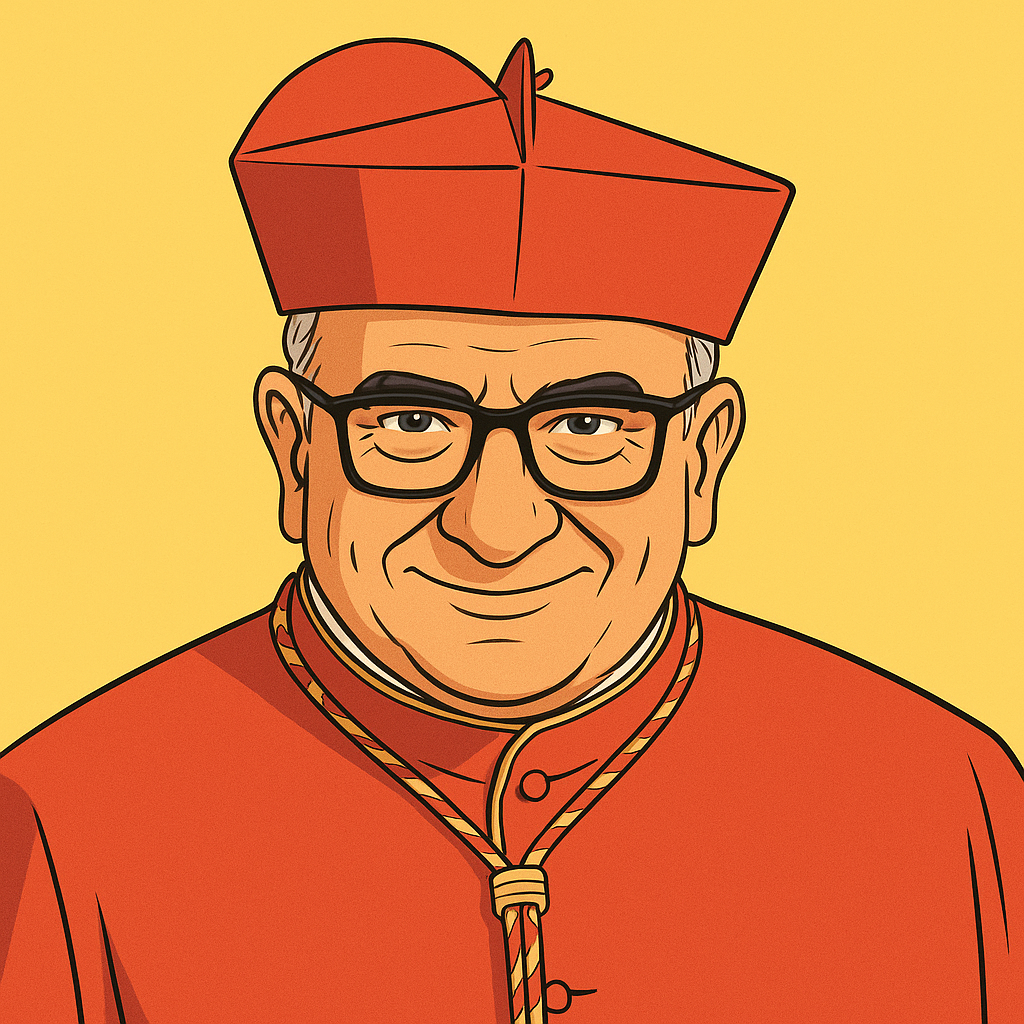
Chile
Chilean cardinal, Archbishop of Concepción, known for his conservative doctrinal positions and commitment to rebuilding trust after abuse scandals.

Croatia
Croatian cardinal, Archbishop of Zagreb, known for his conservative positions on moral issues and his commitment to traditional values in a post-communist context.
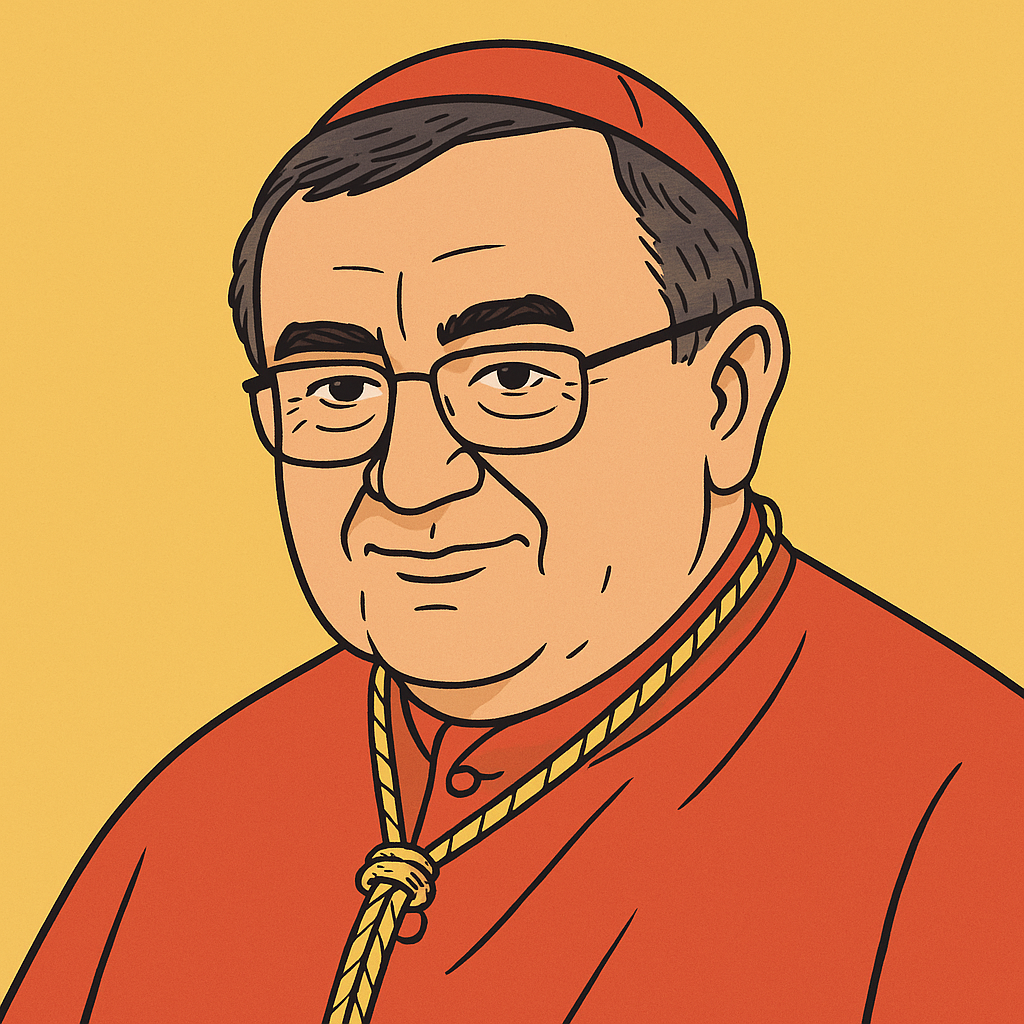
Bosnia and Herzegovina
Bosnian cardinal, Archbishop Emeritus of Sarajevo, known for his leadership during and after the Balkan War, his work for reconciliation and his defense of Catholic rights in the region.
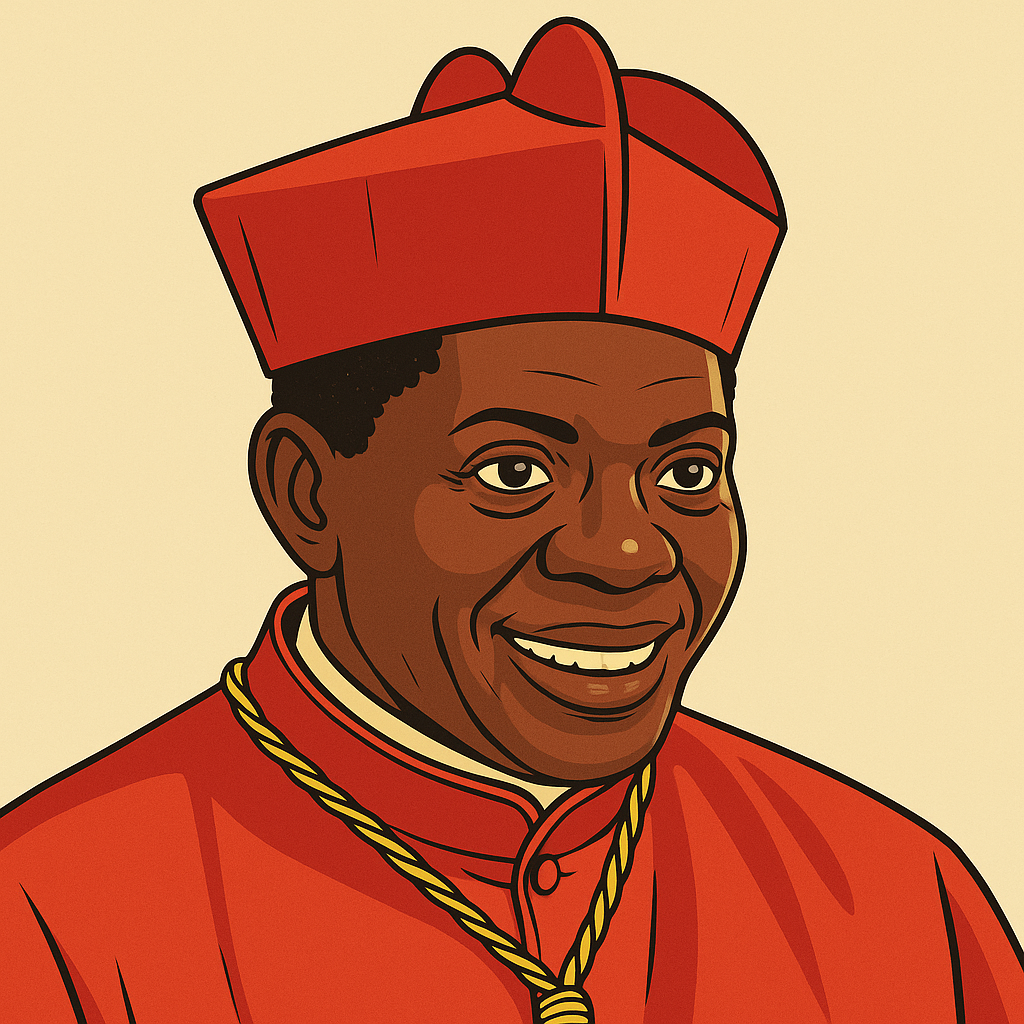
Tanzania
Tanzanian cardinal, Secretary of the Dicastery for Evangelization, known for his missionary expertise and balanced pastoral vision, combining doctrinal fidelity and cultural adaptation.

Italy
Italian cardinal, Grand Master of the Order of the Holy Sepulchre, former prefect of the Congregation for the Evangelization of Peoples, known for his missionary and diplomatic experience.
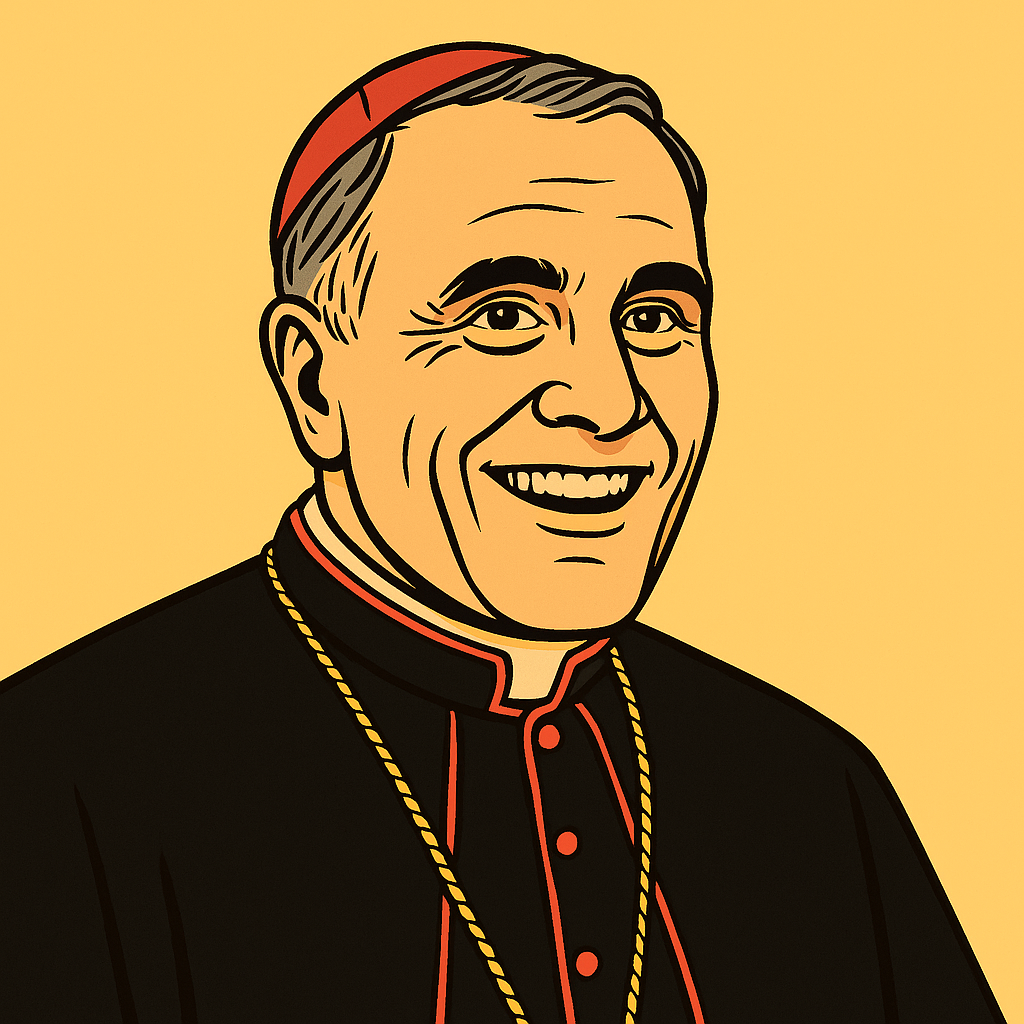
United States
American cardinal, known for his conservative positions on doctrine and liturgy, while seeking unity in a divided ecclesial context.
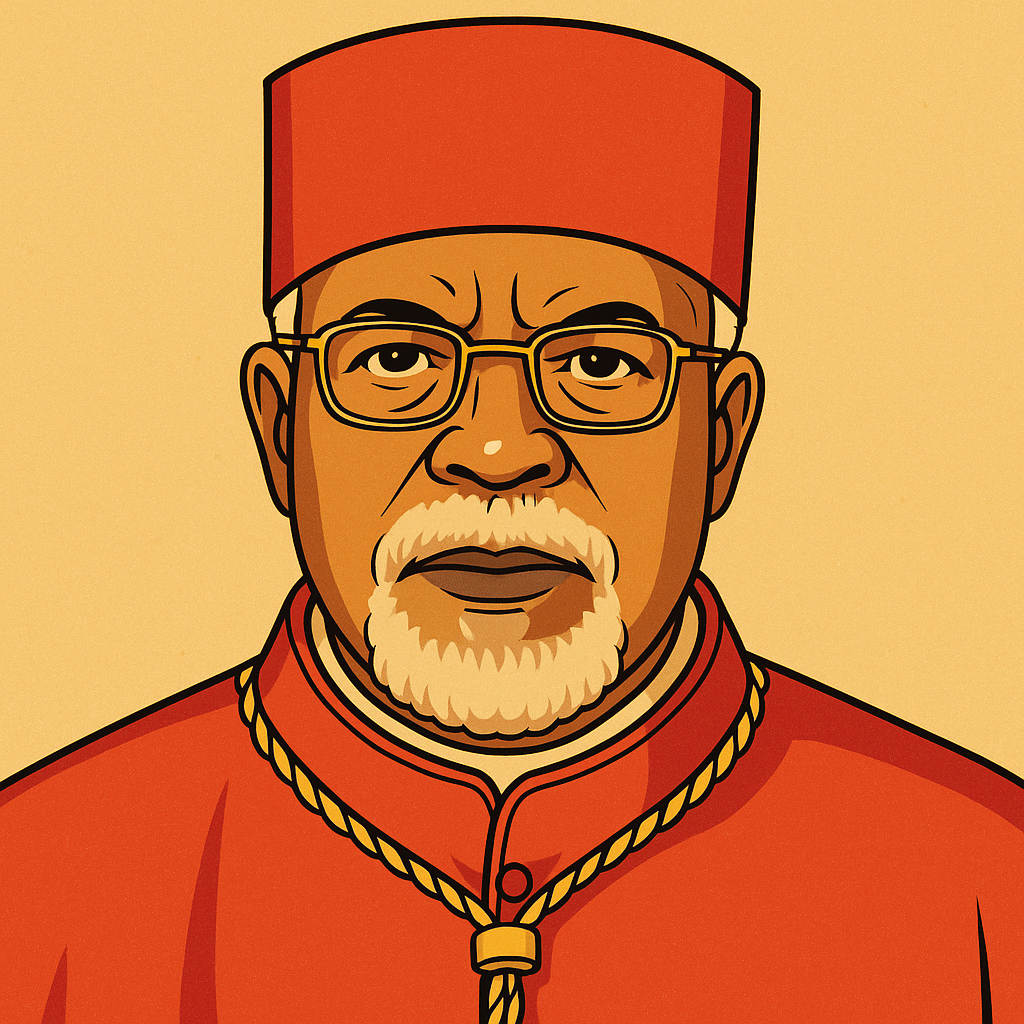
Ethiopia
Ethiopian cardinal of Eastern rite, known for his defense of traditional Church values and his pastoral work in a context of religious tensions.